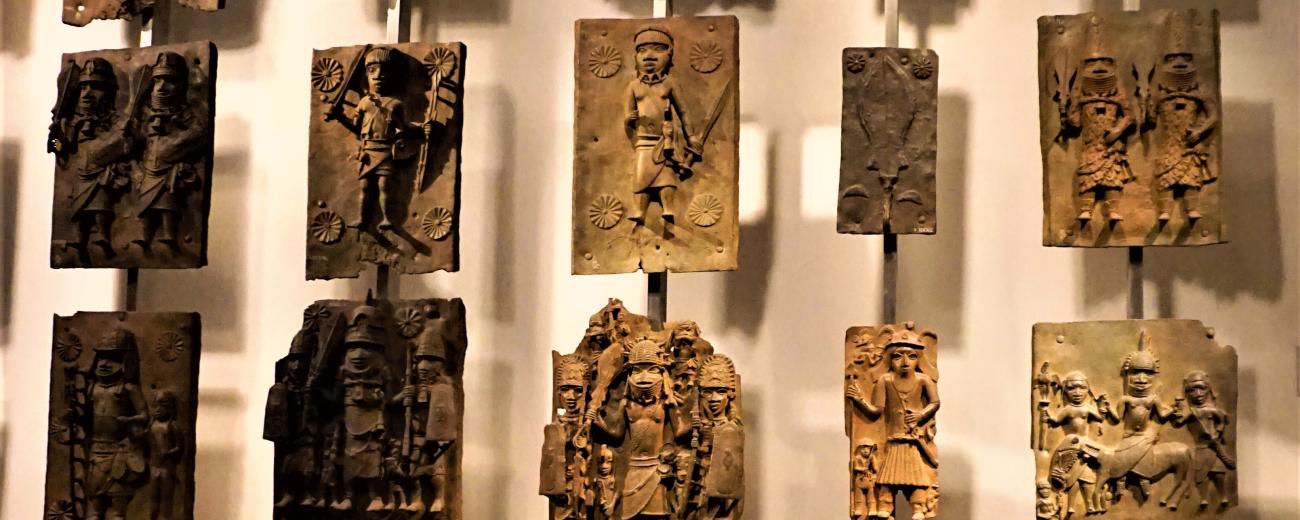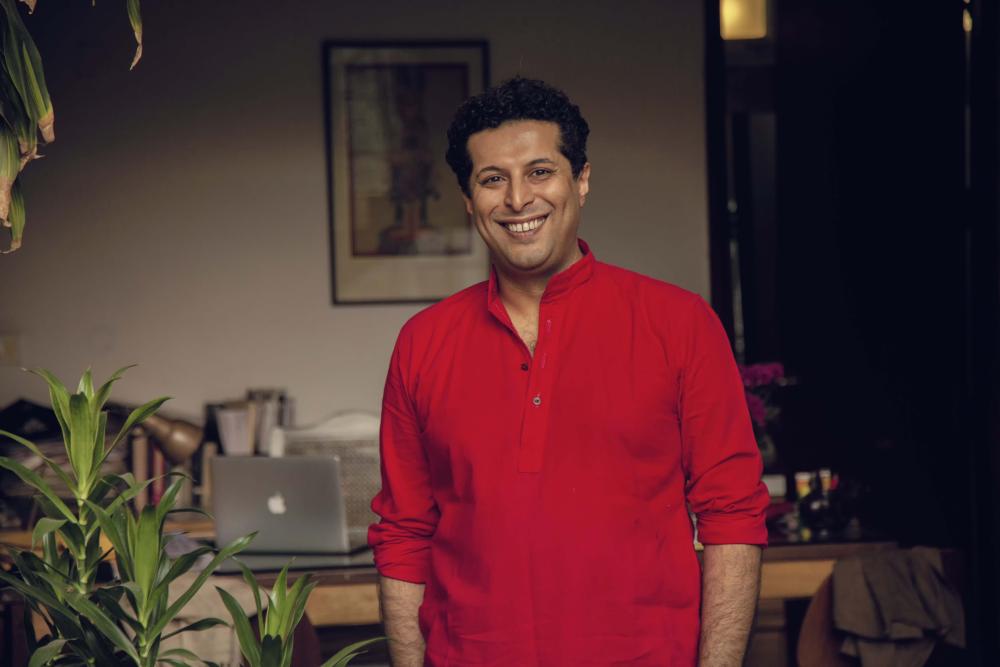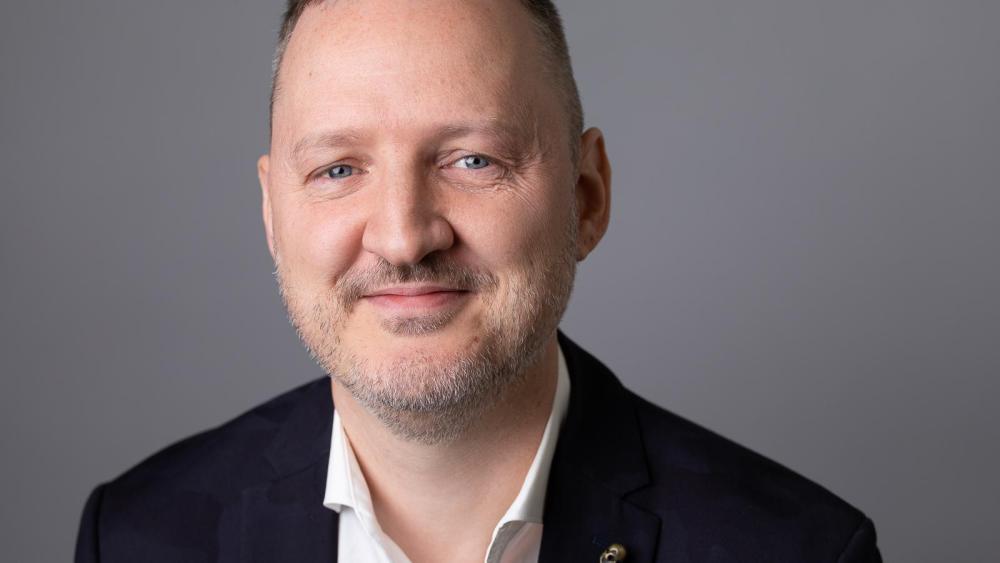
Director’s Lecture Series: The repatriation of artefacts – the issues and debates

Key information
- Date
- Time
-
5:30 pm
- Venue
- Zoom
About this event
To attend this event, please reserve your free spot via Eventbrite. A Zoom link will be sent to you on the day of the event.
In February this year, a priceless collection of Cambodian gold jewellery was returned to Cambodia. It had been in the possession of the London based family of the late Douglas Latchford, who at his death in August 2020, was facing federal charges in the US for the key role he played in the looting and trafficking of Southeast Asian antiquities. Prestigious US institutions such as the Metropolitan Museum of Art, Asian Art Museum, San Francisco, and the Norton Simon Museum to name just three have also returned artefacts to South and Southeast Asia in recent decades. And just last year, the Horniman Museum in London returned six “Benin Bronzes” taken by British troops from Benin City 125 years ago. It was the first time a UK government-funded institution agreed to return cultural treasures that had been looted.
The calls for the repatriation and restitution of art and artefacts are growing stronger and the debates are becoming both more heated and complex. Challenging questions around the morality of keeping looted items that have significant cultural value to the nations from which they belong versus the role established global museums serve as places to showcase global art and artefacts are being raised.
In this next Director’s Lecture Series, the art historian and curator Dr Naman P. Ahuja, Jawaharlal Nehru University, and Dr Stephen A Murphy, Pratapaditya Pal Senior Lecturer in Curating and Museology of Asian Art at SOAS University of London, join SOAS Director Professor Adam Habib to debate the issues around the repatriation of art and artefacts.
The SOAS Director’s Lecture Series focuses on the planetary questions of our time and how to enable a collective human response. In this historical moment, all of our big challenges – pandemics, climate change, inequality, social and political polarisation – are transnational in character and require a cohering of the human community.
Biographies
Dr Naman Parmeshwar Ahuja
Dr Naman Parmeshwar Ahuja is Professor of art history at JNU where he is also Dean of the School of Arts & Aesthetics. He is the General Editor of Marg, India’s oldest publishing house dedicated to art and culture.
As a writer and curator, his work has deepened our understanding of Indian art from the perspectives of visual culture, aesthetics, iconography and transculturalism. His books have been translated into French, Spanish and Dutch. He has curated some of the most important exhibitions of Indian art in the past ten years, including: The Body in Indian Art & Thought which was shown at the Palais des Beaux Arts in Brussels and the National Museum in Delhi in 2013; and India & The World, in which 120 objects from the British Museum were staged in strategic dialogue with Indian objects at the CSMVS in Mumbai and the National Museum Delhi. The exhibitions have received critical acclaim for generating narratives of Indian history within a globalised world cognisant of issues of caste, gender, comparative religion and decolonisation.
Dr Stephen A Murphy
Dr Stephen A Murphy is the Pratapaditya Pal Senior Lecturer in Curating and Museology of Asian Art at SOAS University of London. Stephen Murphy specialises in the art and archaeology of Buddhism and Hinduism in first millennium CE Southeast Asia with a particular focus on Thailand, Laos, Cambodia, and Myanmar. He also concentrates on Maritime trade and connections between Southeast Asian cultures, Tang China, and the Indian Ocean world in general. His museological focus engages with methods of curating Asian Art in the context of colonialism and post-colonial studies, and debates surrounding the decolonising of museums. He does this both within a Southeast Asian and a global context. He also looks at issues of object restitution with a particular focus on Thailand and Cambodia.




